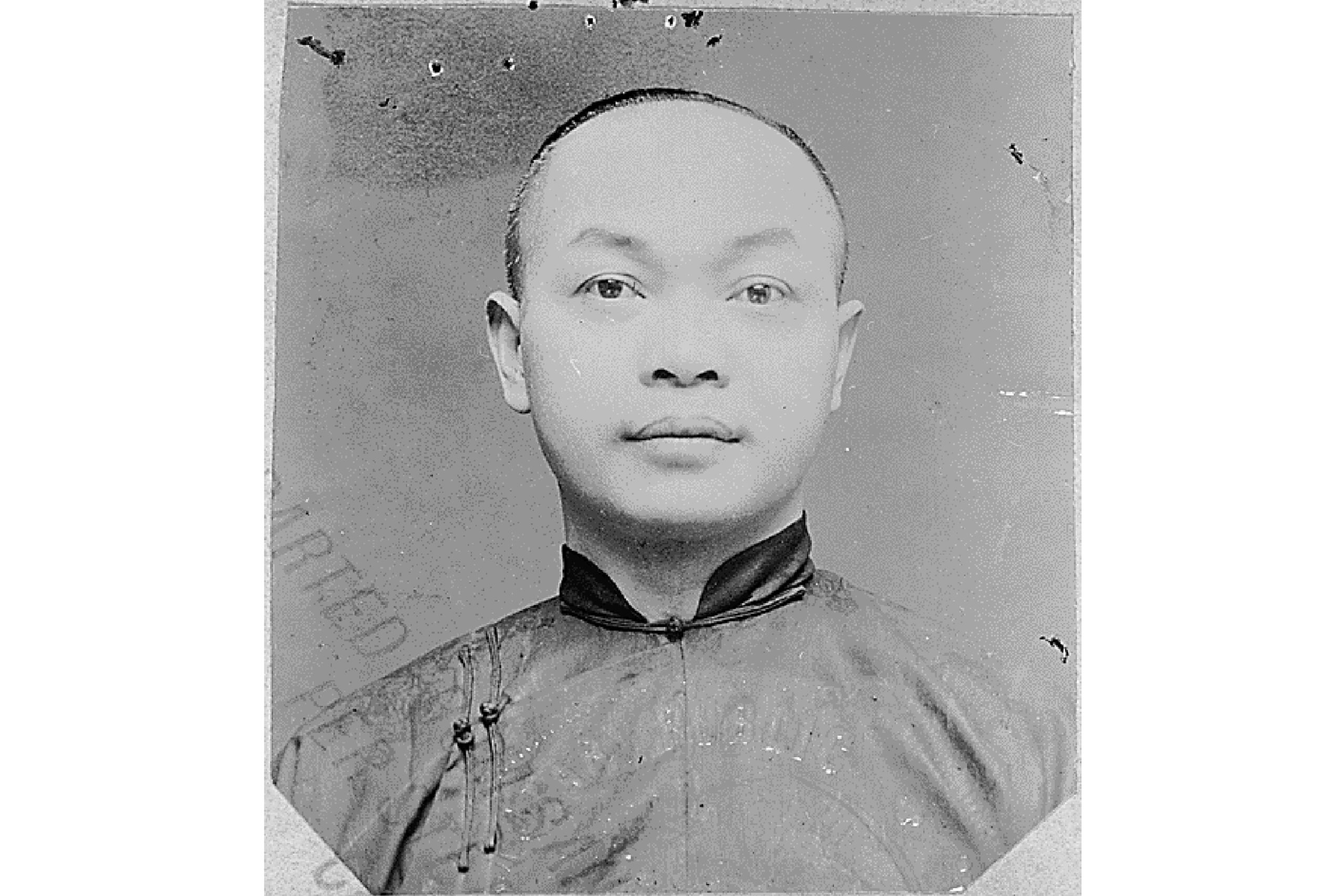This year marks the 125th anniversary of a landmark U.S. Supreme Court case that helped define what it means to be an American.
Wong Kim Ark, a Chinese American man born in San Francisco in 1873, was denied reentry to the U.S. after a trip abroad, because the government refused to acknowledge his American citizenship during a period of intense anti-Chinese sentiment in the late 19th century.
With the help of the Chinatown community, Wong Kim Ark sued the federal government. His case found its way to the Supreme Court and on March 28, 1898, the justices sided with Wong with a 6-2 decision that confirmed that the 14th Amendment guarantees citizenship to any person born in the United States.
Somewhat astonishingly, the ruling came only two years after Plessy v. Ferguson, in which the Court held that a policy of racial segregation (“separate but equal”) did not violate the 14th Amendment.
To promote this largely forgotten story, which sets the precedent allowing millions of U.S.-born individuals to have citizenship, the Chinese Historical Society of America will host a series of events in Chinatown on Saturday, including a ceremony and panel discussion. Some of Wong’s descendants are expected to attend.
“Bringing the Wong Kim Ark story to all people is an important part of our mission,” said Justin Hoover, executive director of the historical society. “Wong Kim Ark signifies that San Francisco’s Chinatown is living proof of the legal battles of America’s civil rights era.”
The San Francisco Board of Supervisors also declared March 28 to be a commemoration day to mark this history.
Prior to Wong, several other Chinese Americans had fought in lower courts to regain their citizenship, but only Wong’s case broke through the legal system’s entrenched hostility.
In 2018, then-President Donald Trump vowed to sign an executive order to end the practice of birthright citizenship, sparking a wave of media reports that revived Wong’s story. That same year, Chinatown also celebrated the 120th anniversary of the historic victory.
Chinatown’s Contribution
What’s also largely forgotten is the contribution of the Chinese Consolidated Benevolent Association (CCBA), also called the “Chinese Six Companies.” In the old days, the organization was the so-called “highest-ranking” family association in Chinatown and served as a governing entity of the Chinese community.
It helped provide legal assistance to Wong and led to the groundbreaking Supreme Court decision.
“The civil rights victories of Wong Kim Ark and others were made possible by lawyers brought in by CCBA,” said Mel Lee, a longtime leader of the association. “We share in that history today.”
But now, the association has turned into a more symbolic institution, which makes it hard to link to its history of being a fierce civil rights group for the Chinese American community.
Each time the Chinese Consolidated Benevolent Association needed money to hire lawyers, it would “tax” all the district association members, according to David Lei, a Chinese American historian.
“Although CCBA is now not so active, it has a glorious history in civil rights and immigration rights,” Lei said.
